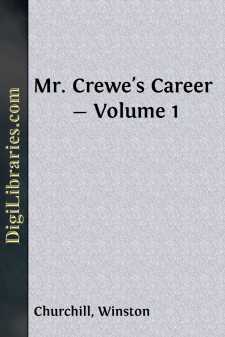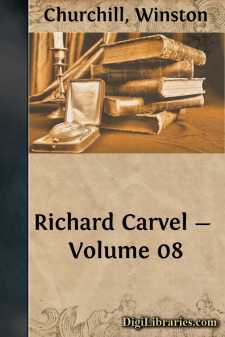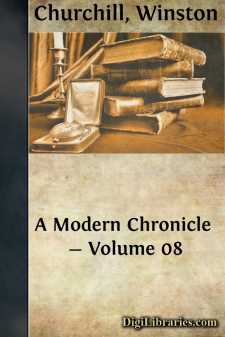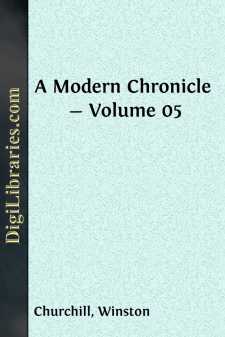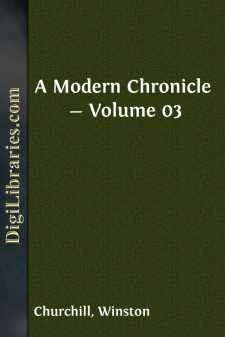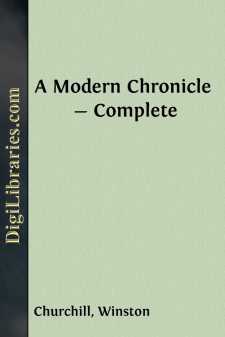Categories
- Antiques & Collectibles 13
- Architecture 36
- Art 48
- Bibles 22
- Biography & Autobiography 813
- Body, Mind & Spirit 142
- Business & Economics 28
- Children's Books 17
- Children's Fiction 14
- Computers 4
- Cooking 94
- Crafts & Hobbies 4
- Drama 346
- Education 46
- Family & Relationships 57
- Fiction 11829
- Games 19
- Gardening 17
- Health & Fitness 34
- History 1377
- House & Home 1
- Humor 147
- Juvenile Fiction 1873
- Juvenile Nonfiction 202
- Language Arts & Disciplines 88
- Law 16
- Literary Collections 686
- Literary Criticism 179
- Mathematics 13
- Medical 41
- Music 40
- Nature 179
- Non-Classifiable 1768
- Performing Arts 7
- Periodicals 1453
- Philosophy 64
- Photography 2
- Poetry 896
- Political Science 203
- Psychology 42
- Reference 154
- Religion 513
- Science 126
- Self-Help 84
- Social Science 81
- Sports & Recreation 34
- Study Aids 3
- Technology & Engineering 59
- Transportation 23
- Travel 463
- True Crime 29
Mr. Crewe's Career - Volume 1
Description:
Excerpt
CHAPTER I
THE HONOURABLE HILARY VANE SITS FOR HIS PORTRAIT
I may as well begin this story with Mr. Hilary Vane, more frequently addressed as the Honourable Hilary Vane, although it was the gentleman's proud boast that he had never held an office in his life. He belonged to the Vanes of Camden Street,—a beautiful village in the hills near Ripton,—and was, in common with some other great men who had made a noise in New York and the nation, a graduate of Camden Wentworth Academy. But Mr. Vane, when he was at home, lived on a wide, maple-shaded street in the city of Ripton, cared for by an elderly housekeeper who had more edges than a new-fangled mowing machine. The house was a porticoed one which had belonged to the Austens for a hundred years or more, for Hilary Vane had married, towards middle age, Miss Sarah Austen. In two years he was a widower, and he never tried it again; he had the Austens' house, and that many-edged woman, Euphrasia Cotton, the Austens' housekeeper.
The house was of wood, and was painted white as regularly as leap year. From the street front to the vegetable garden in the extreme rear it was exceedingly long, and perhaps for propriety's sake—Hilary Vane lived at one end of it and Euphrasia at the other. Hilary was sixty-five, Euphrasia seventy, which is not old for frugal people, though it is just as well to add that there had never been a breath of scandal about either of them, in Ripton or elsewhere. For the Honourable Hilary's modest needs one room sufficed, and the front parlour had not been used since poor Sarah Austen's demise, thirty years before this story opens.
In those thirty years, by a sane and steady growth, Hilary Vane had achieved his present eminent position in the State. He was trustee for I know not how many people and institutions, a deacon in the first church, a lawyer of such ability that he sometimes was accorded the courtesy-title of "Judge." His only vice—if it could be called such—was in occasionally placing a piece, the size of a pea, of a particular kind of plug tobacco under his tongue,—and this was not known to many people. Euphrasia could not be called a wasteful person, and Hilary had accumulated no small portion of this world's goods, and placed them as propriety demanded, where they were not visible to the naked eye: and be it added in his favour that he gave as secretly, to institutions and hospitals the finances and methods of which were known to him.
As concrete evidence of the Honourable Hilary Vane's importance, when he travelled he had only to withdraw from his hip-pocket a book in which many coloured cards were neatly inserted, an open-sesame which permitted him to sit without payment even in those wheeled palaces of luxury known as Pullman cars. Within the limits of the State he did not even have to open the book, but merely say, with a twinkle of his eyes to the conductor, "Good morning, John," and John would reply with a bow and a genial and usually witty remark, and point him out to a nobody who sat in the back of the car....


